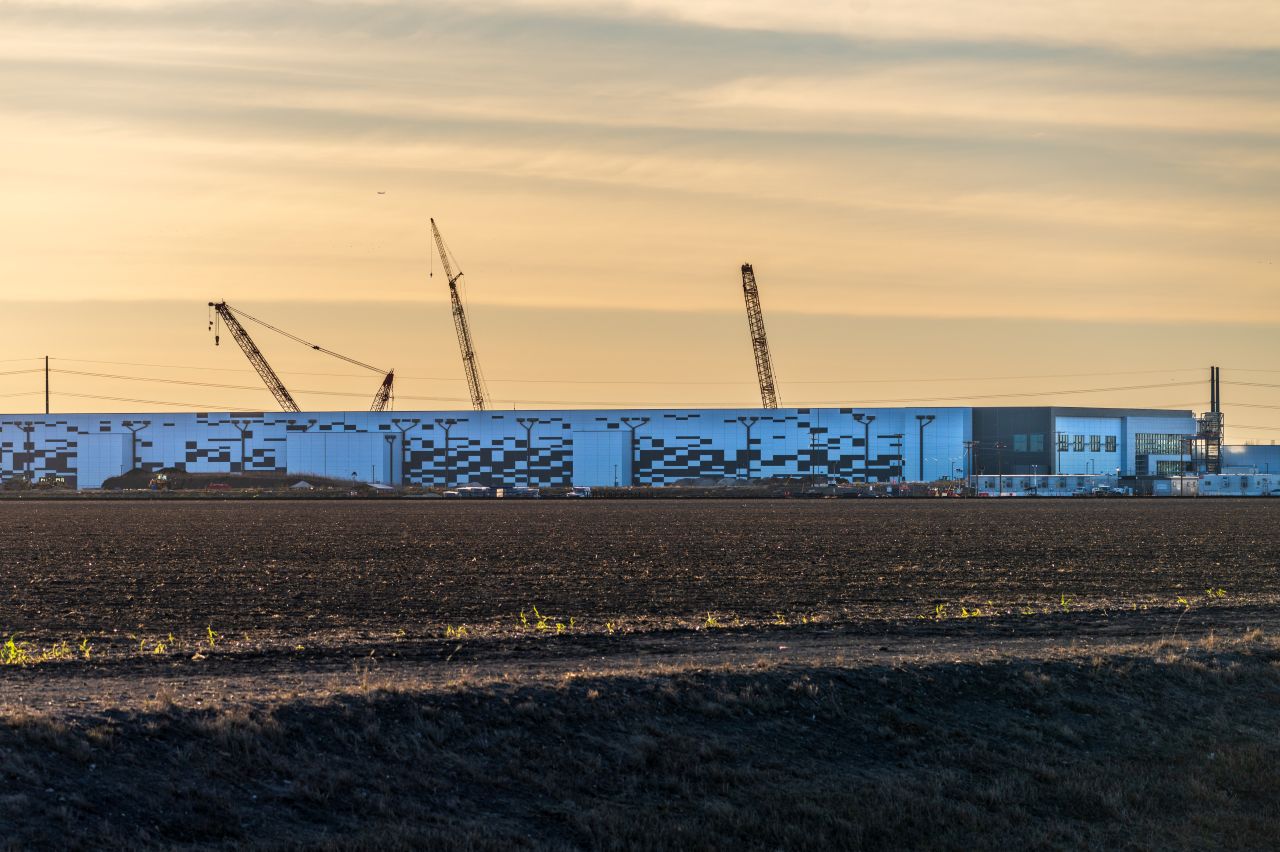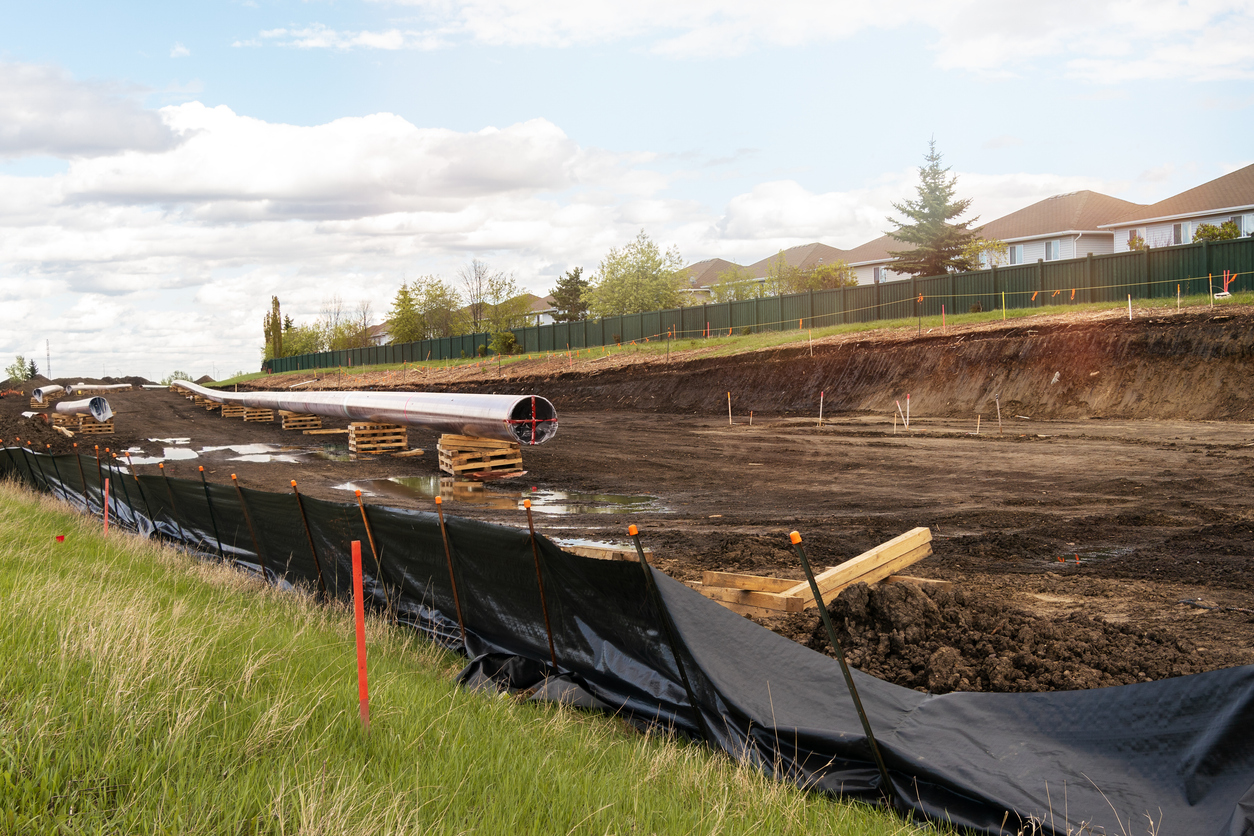California pipeline that burst in 2015 is now being rebuilt against state orders

A Texas-based oil company is defying California state orders to halt construction of a controversial offshore pipeline project north of Santa Barbara, where a large oil spill killed wildlife and closed beaches a decade ago.
The Sable Offshore Corp. is working to put back into operation a pipeline and drilling platforms that have been out of service since 2015, when the Refugio Oil Spill released more than 100,000 gallons, fouling 150 miles of coastline, shutting down beaches for two months, and killing over 550 seabirds. It was the worst oil spill in the state since 1990.
Since Sable's purchase of three oil platforms, called the Santa Ynez Unit, and the pipelines connecting them to processing facilities, the Houston-based company has rebuffed efforts by the California Coastal Commission to stop Sable's work repairing, upgrading, and attempting to restart the pipelines and drilling platforms in the face of numerous legal hurdles and environmental concerns.
The oil platforms are in federal waters and currently under the jurisdiction of the fossil fuel-friendly Trump Administration. But the pipelines pass through state waters under California’s oversight on route to processing facilities and refineries.
“It is very clear that Sable, a Texas company, has decided that they do not have to follow California law,” said Maureen Ellenberger, chair of the Sierra Club Santa Barbara - Ventura Chapter.
Ellenberger said that while the Coastal Commission is worried about the approximately 10 miles of pipeline that goes through Southern California's largest stretch of undeveloped coastline -- a scenic area called the Gaviota coastal zone -- there are an additional 100 miles of aging pipe that are also at risk of leaking that pass through farms, rivers, aquifers, and conservation lands.
“Santa Barbara County has been through two oil spills with damage that is far-reaching,” said Ellenberger. “The 2015 damage stretched 150 miles down the coast to Redondo Beach, impacting fishing, tourism, wildlife. The spill in 1969 was even more horrific. If this pipeline restarts and spills once again, the cost will be greater.”
On April 10, at a hearing in Santa Barbara, the California Coastal Commission, a state agency within the California Natural Resources Agency that manages development along the state’s coastline, voted to fine Sable Offshore $18.2 million for unpermitted construction on the dormant offshore oil operation. The commission alleges that Sable started the work without its approval, refused to apply for a coastal development permit, and ignored two cease-and-desist orders in November and February.
A commission report concluded that Sable engaged in excavation, removal of vegetation and old pipelines, grading and widening of roads, and other development activities without prior communication to or notification of the state commission.
“If you want to go out and try to supersede the people of the state of California, we’re going to stand up for ourselves,” said Justin Cummings, chair of the commission, at the hearing. “I believe this action will demonstrate to folks that we take these matters extremely seriously.”
Stephanie Cook, enforcement counsel for the commission, said there is no precedent for this kind of blatant disregard for legal orders. According to Cook’s presentation to the commission, Sable dug 72,000 cubic yards of soil and established 136 worksites without authorization.
A company vice president said that the work done concerned only routine maintenance and repair along the pipeline.
“In this instance, commission staff and Sable fundamentally disagree whether the Coastal Act authorization exists for the work and whether the commission has the jurisdiction to issue these orders,” said Steve Rusch, vice president of environmental and governmental affairs at Sable, at the hearing.
Several days later on April 15, the Center for Biological Diversity and Wishtoyo Foundation sued the California Office of the State Fire Marshal for waiving safety rules for the oil pipeline, saying the office granted the waivers without conducting any environmental review or a public hearing.
“We have serious concerns about allowing the restart of this old, corroded pipeline system at all, let alone without the normally required corrosion-prevention and mitigation measures,” said Julie Teel Simmonds, senior counsel for the Center for Biological Diversity Oceans Program. “It poses a threat of another oil spill, which could harm cultural resources, biological resources, air quality (and) water quality.”
Simmonds said the area is home to a wide diversity of species, many of which are threatened or endangered, including humpback whales, southern sea otters, black abalone, red-legged frogs, California tiger salamander, steelhead trout, and western snowy plovers.
“Once spilled, oil is very difficult to clean up,” Simmonds said.
Before selling the pipeline, platforms, and processing facilities to Sable Offshore, Exxon applied to truck massive amounts of oil along California highways rather than attempt to navigate the extensive repairs and permitting required to fix the pipeline.
Santa Barbara County denied the trucking proposal based on the project’s significant and unavoidable harm in the event of a spill, as well as threats to public safety.
An economic analysis by the EGAPE lab, a research lab at the University of California, Santa Barbara, in February 2025 found that restarting the Santa Ynez Unit would add an estimated 2.5 million tons of CO2 to the atmosphere every year, equal to about 500,000 additional gas-powered vehicles on the road.
“California should be leading the country on the climate crisis, not adding a massive new source of greenhouse gas emissions in our own state,” said Alex Katz, executive director of the Santa Barbara-based Environmental Defense Center.
Katz said that despite three cease-and-desist orders from the Coastal Commission, Sable is continuing to work around the clock to make repairs to the pipeline, including on weekends, on Easter Sunday, and at night.
On top of the cease-and-desist orders, Sable has also received violation notices from the Central Coast and Central Valley Regional Water Quality Control Boards for unauthorized discharges into waterways. The Central Coast water board voted unanimously on April 17 to refer the matter to California Attorney General Rob Bonta’s office for judicial enforcement. Sable also received a potential violation notice from the California Department of Fish and Wildlife for impacts on fish and wildlife resources.
The previous owner, Plains Pipeline, was deemed criminally negligent for the 2015 rupture that led to the Refugio oil spill and has spent over $750 million over the last decade to perform cleanup activities and pay damages and fines. During the investigation into the spill, a protective coating called cathodic protection that is required by state and federal law was found to be damaged beyond repair on the nearly three-decade old pipe.
ExxonMobil purchased the closed pipeline and three platforms in 2022 before selling them to Sable Offshore Corp., a newly formed Texas-based company using funds borrowed from ExxonMobil.
Ellenberger said the local community never thought the damaged pipeline would be restarted.
“The damage reports were so extensive, that I think we all thought it was basically a zombie pipeline,” she said. “The fact that it could be restarted… seems mind boggling to all of us who are paying attention.”
Lead photo: Oil drilling rig off the coast of Santa Barbara. Photo by Way Out West News.















